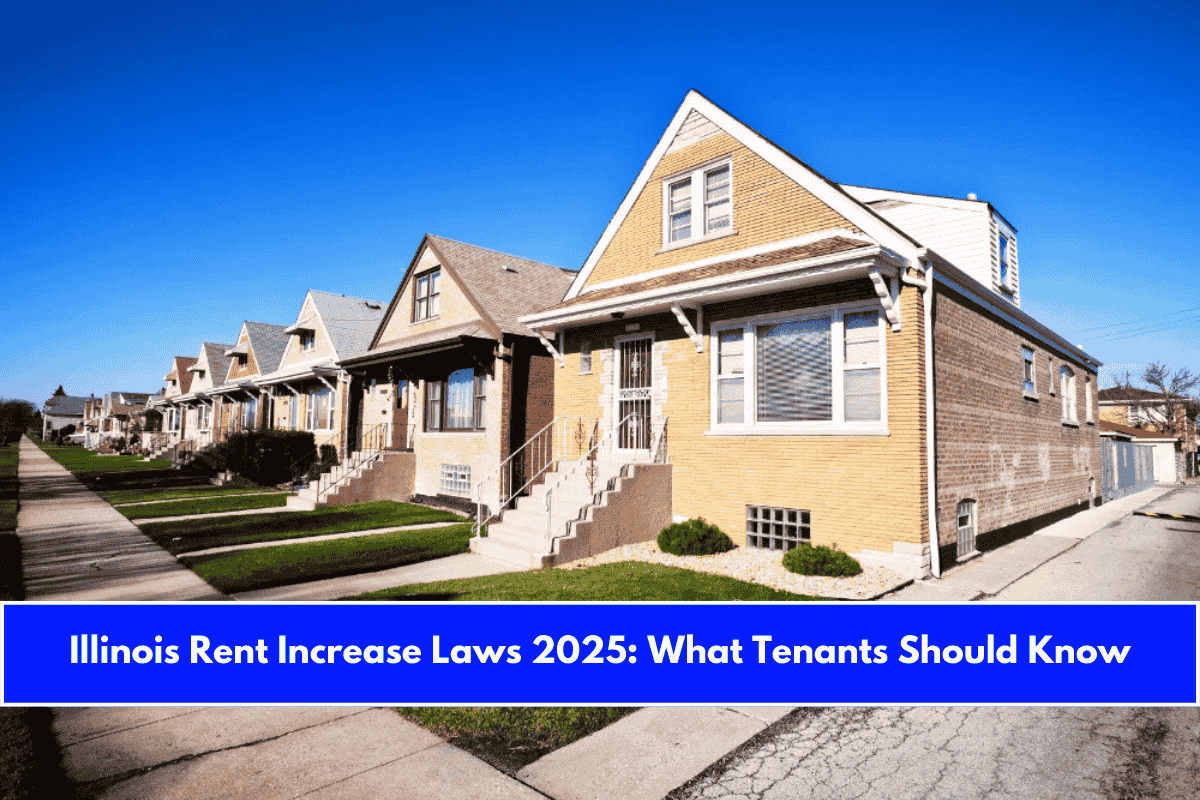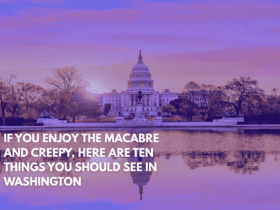Illinois renters in 2025 face a landscape shaped by new tenant protections, clear notice requirements, and ongoing debates about rent control. Here’s what you need to know about how and when your landlord can raise your rent, and what rights you have as a tenant.
No Statewide Rent Control—But Notice Is Required
Illinois does not have statewide rent control. The Illinois Rent Control Preemption Act prohibits cities and counties from enacting their own rent control ordinances, so there are no legal caps on how much a landlord can increase rent for most market-rate units. However, landlords must follow strict notice requirements and anti-retaliation laws.
Notice Requirements for Rent Increases
For most of Illinois:
- Month-to-month leases: Landlords must provide at least 30 days’ written notice before increasing rent.
- Leases less than one year: 30 days’ notice is required.
- Leases of one year or more: 60 days’ written notice is required before a rent increase.
- During a fixed-term lease: Rent cannot be increased until the lease expires, unless the lease specifically allows for mid-term increases.
In Chicago:
- Leases under 6 months: 30 days’ notice.
- Leases between 6 months and 3 years: 60 days’ notice.
- Leases over 3 years: 120 days’ notice.
- Low-Income Housing Trust Fund units: Rent increases are capped at 5% per year.
How notice must be delivered: Written notice is required, and it should clearly state the new rent amount and the date the increase takes effect. Delivery can be in person, by certified mail, or as specified in your lease.
Protections Against Retaliatory and Discriminatory Increases
- Retaliation is illegal: Under the new Landlord Retaliation Act (2025), landlords cannot increase rent, terminate tenancy, or reduce services in response to a tenant’s good-faith complaint about code violations or other protected activities. If a rent increase occurs within one year of such a complaint, it is presumed retaliatory unless the landlord can prove otherwise.
- Discrimination is illegal: Landlords cannot raise rent based on race, gender, religion, familial status, disability, or other protected classes under the Fair Housing Act and Illinois Human Rights Act.
New Tenant Protections in 2025
Recent laws have added further protections:
- Ban on mandatory electronic payments: Landlords cannot require tenants to pay rent only by electronic transfer; tenants can use checks or cash if they prefer.
- Receipts required: Landlords must provide written receipts for rent and security deposits, increasing transparency.
- Limits on “junk fees”: New laws restrict unnecessary or hidden rental fees, and application screening fees can be avoided if tenants provide a reusable screening report.
How Often and By How Much Can Rent Be Raised?
- Frequency: For month-to-month leases, rent can only be increased once per year.
- Amount: There is no statewide cap on the amount of a rent increase, except for certain subsidized housing programs (like Chicago’s Low-Income Housing Trust Fund units).
- During a lease: Rent cannot be increased during the term of a fixed lease unless both parties agree in writing.
What Should Tenants Do If They Receive a Rent Increase Notice?
- Check the notice: Ensure it meets the required notice period and is delivered in writing.
- Review your lease: Confirm whether mid-lease increases are allowed.
- Know your rights: If you suspect retaliation or discrimination, you can seek legal help or file a complaint with the appropriate agency.
- Negotiate: You may negotiate with your landlord if you believe the increase is excessive or unjustified.
Summary Table: Illinois Rent Increase Laws 2025
| Lease Type | Notice Required | Frequency of Increase | Cap on Amount? | Special Protections |
|---|---|---|---|---|
| Month-to-month | 30 days | Once per year | No | No retaliation/discrimination |
| Fixed-term (<1 year) | 30 days | At lease end | No | |
| Fixed-term (≥1 year) | 60 days | At lease end | No | |
| Chicago (6 mo–3 yrs) | 60 days | At lease end | No | |
| Chicago (>3 yrs) | 120 days | At lease end | No | |
| Subsidized/CHLITP units | Varies | Once per year | 5%/year |
Sources:
- https://www.oflaherty-law.com/learn-about-law/illinois-landlord-tenant-law-changes
- https://www.steadily.com/blog/rent-increase-laws-regulations-chicago-il
- https://nlihc.org/resource/illinois-passes-new-tenant-protections-renters
- https://www.clarkhill.com/news-events/news/recent-changes-to-illinois-real-estate-law-affecting-landlords-tenants-in-2025/
- https://www.hemlane.com/resources/illinois-rent-control-laws/











Leave a Reply